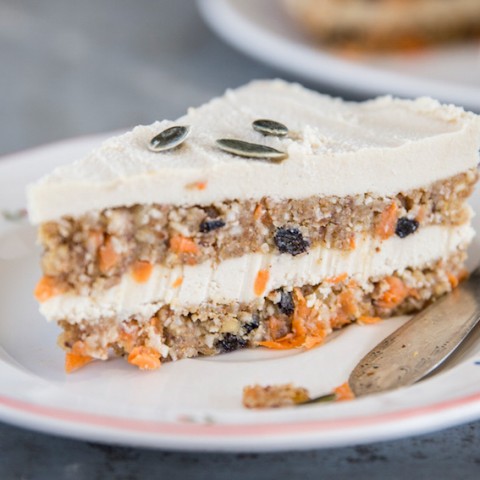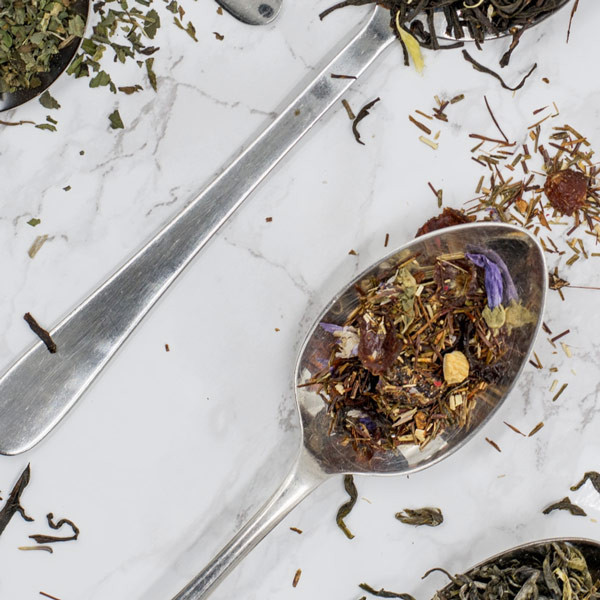Functional mushrooms, a term first used by the leading U.S. organic foods giant Whole Foods Market, has emerged as one of the leading healthfood trends of 2018. The term has taken hold as mounting scientific research unveils the medicinal benefits of the edible fungus, and health-conscious people have started to take notice.
Known as an “adaptogenic” food (natural foods claimed to work with the body to help it adapt, most commonly to stress), the humble mushroom is now being sought as much for its restorative and healing properties as its taste and goodness. As a result, weird and wonderful mushroom varieties – each with their own restorative or health claims - are finding their way into everything from lattes to beauty products.
Of course, mushrooms have been used as an important food source throughout the world for many thousands of years. They contain essential nutrients such as protein, Vitamin C and iron as well as important trace elements and they also act as a good source of dietary fibre. Often referred to under the overused catch-all description “superfood”, mushrooms are nonetheless versatile and their benefits to our health are claimed to be many.

However, what of their purported medicinal benefits? It’s clear this perception has a long history. Ancient civilisations valued the fungus as much for its medicinal properties as for its use as a food item. The Ancient Egyptians considered it a gift from the heavens and only the upper caste, such as Pharaohs and the noble, were allowed to eat them.
Chinese medicine, for its part, has used certain types of mushrooms and mushroom extract for thousands of years. It has been used to treat many ailments, including relieving inflammation, now recognised by Western medicine as being one of the major causes of illnesses in the body. Ancient China held the fungus in a similar kind of respectful awe as the Egyptians, with certain varieties only available for the elite of society.
A quick look at the latest functional mushroom trend sees that certain mushrooms, chiefly shiitake, enoki, oyster, and reishi, are the ones favoured for their medicinal properties. And there is a mounting body of scientific evidence which backs anecdotal claims. These vary according to the type of mushroom.
Shiitake
One of the more recognised mushrooms in Western cuisine, the shiitake mushroom has also been linked with an increase in immunity due to its propensity to reduce inflammatory properties in the body, according to research from the University of Florida Institute of Food and Agricultural Sciences.
Reishi
Known as the “Queen of Mushrooms”, reishi is one of the most sought after varieties for its medicinal properties. Its importance is recognised in Ancient Chinese and Japanese Medicine as one of the highest regarded of all extracts used in the discipline. One of the most popular medicinal uses for reishi is as an immune-boosting supplement. Studies suggest reishi can affect white blood cells, lowering inflammation levels in the body so you're better able to fight off disease. While there's definite substance to this, more investigation is needed as most cases exhibiting positive results were in subjects who are already ill.

Lion’s Mane
Used extensively in Asian cuisine and medicine, though less commonly in the West, the Lion’s Mane mushroom (Hericium erinaceus) has been shown to have a huge range of medicinal benefits. According to a published journal from the U.S. Department of Agriculture, these include being used to treat diabetes, hypertension, heart problems and is used as an anti-fatigue tonic, and an effective treatment for anxiety and depression.
So is the functional mushroom trend all that it is claimed to be? While the health properties of mushrooms are not in dispute, whether or not the same claims can be made for the medicinal use of mushrooms is, as yet, unclear. However, mounting evidence suggests modern science is beginning to back the “mushrooms as medicine” theory — something other forms of medicine in other cultures have supported for centuries.
As more mushroom extract is consumed for medicinal purposes, there will be more scientific studies to back up health claims. This will enable knowledge surrounding these benefits to become as widely appreciated as that for the nutritional side of consuming mushrooms.
While it's too early to say with any certainty whether functional mushrooms are paving an exciting new path for health, nutrition, and wellbeing, the popularity of mushrooms as a food, particularly amongst vegans and vegetarians as a meat substitute, and recognised goodness, may make this trend more likely to go the distance.
If you’re thinking of trying out functional mushrooms, or have already added these to your diet, we’d like to hear from you. Did they make any difference to your health and wellbeing? What benefits did you see from taking mushrooms primarily for medicinal purposes?
As always, we highly recommend that you consult your health professional before introducing any supplements to your diet, including mushroom extract, if doing so on a daily basis.

Love Health?
From recipes, trends and discounts, expect great things via email this month.
More Great Reads!

Behind The Brand: Antipodes
Recipes We Love!

Clever Cookies

Ham & Feta Baby Quiches











